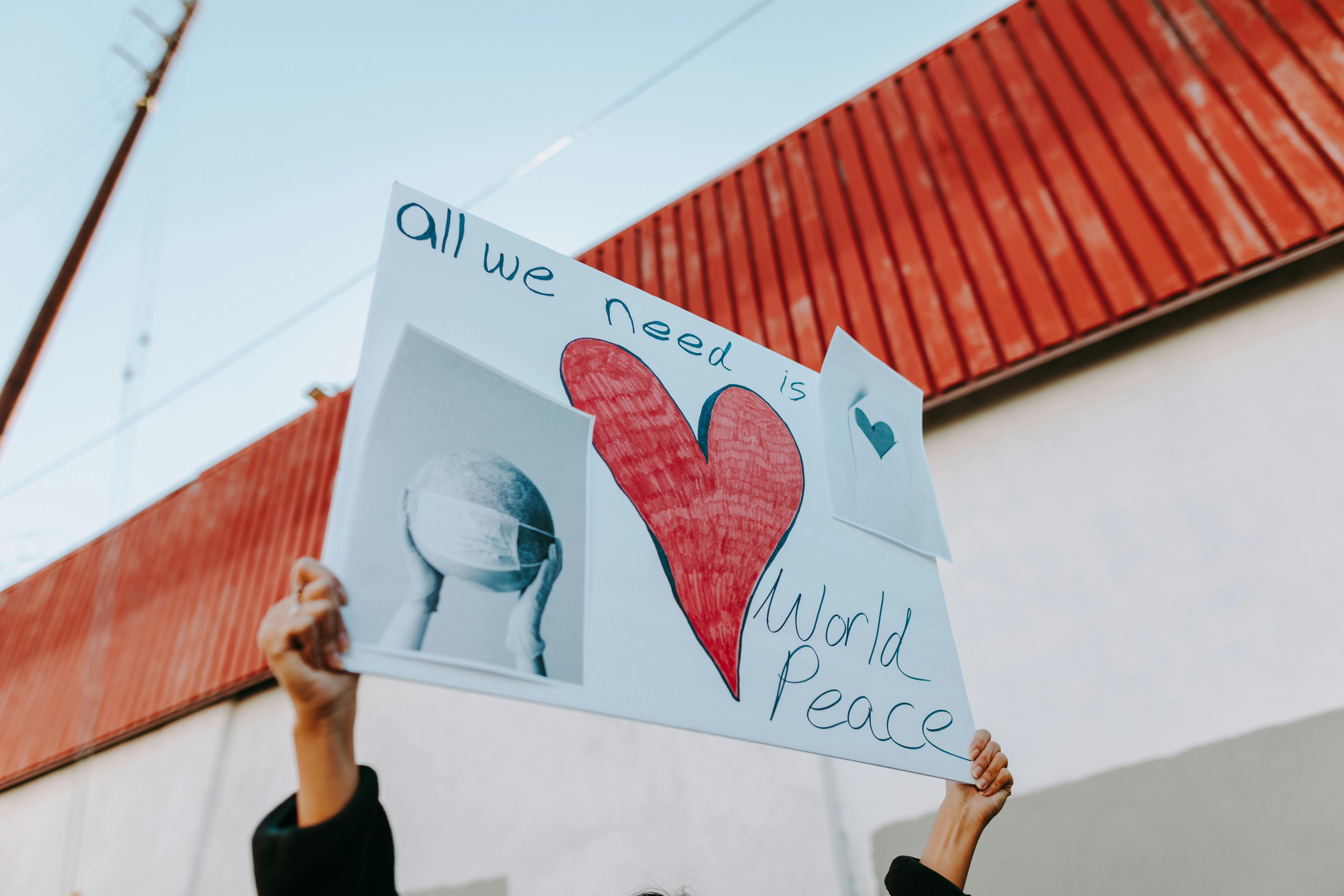
Apply Now


Effective Ways the Boston Massacre Fueled the American Revolution
Understanding the Historical Context of the Boston Massacre
The Boston Massacre, a turning point in colonial history, occurred on March 5, 1770, and symbolized the growing tensions between the American colonies and British authorities. This event marked a significant escalation in colonial unrest, highlighted by the presence of British soldiers tasked with maintaining order amid increasing resistance against oppressive taxation and legislation. The friction of the period was fueled by the discontent over taxation without representation, which resonated deeply with the colonials who felt their rights were being systematically eroded. Key grievances leading to the Boston Massacre included the Quartering Act, which required colonists to house British troops, and the oppressive tea taxes that sparked widespread discontent. The sentiment of liberty began to take root, spurred on by influential revolutionary figures like Samuel Adams and Paul Revere, who ultimately portrayed these events as part of a larger struggle for independence. This perspective became pivotal in catalyzing revolutionary fervor across the colonies. The impact of the Boston Massacre was twofold: it became a rallying point for patriots while also intensifying loyalist opposition. The violent encounter, where Crispus Attucks lost his life, underscored the potential consequences of British control and the lengths to which colonists would go to defend their rights. As outrage echoed through the streets of Boston, it catalyzed a growing public outcry against British oppression and laid the groundwork for further acts of defiance, leading eventually to the Revolutionary War.Propaganda as a Tool for Mobilization
The aftermath of the Boston Massacre saw the rise of propaganda as a vital tool for revolutionary leaders. The incident was artistically represented through pamphlets and newspaper articles that painted the British authorities in a harsh light. These narratives served to galvanize public opinion against British soldiers, framing them as aggressors against peaceful citizens. The most notable depiction was Paul Revere's engraving, which depicted British troops firing into an unarmed crowd, effectively stirring anti-British sentiments among the colonial populace. Revolutionary leaders such as Samuel Adams utilized these narratives to foster colonial unity and motivate citizen activism. They organized protests and created a shared identity centered around freedom and resistance. The Boston Massacre became a focal point of their messaging, symbolizing the struggle against tyranny and further solidifying the commitments of everyday citizens to the cause of independence. Additionally, the emotional appeals made through these propaganda efforts highlighted figures like Crispus Attucks, whose death personified the sacrifices made by colonists. The call for justice resonated deeply, culminating in widespread civil unrest and political mobilization. This mobilization manifested itself in the formation of the Sons of Liberty, who were instrumental in coordinating acts of rebellion against British rule, including the Boston Tea Party.The Role of Colonial Resistance Movements
Building on the outrage stemming from the Boston Massacre, various grassroots movements gained momentum across the colonies. The creation of organizations like the Sons of Liberty exemplified how colonial leaders galvanized ordinary citizens into action against perceived injustices. These groups employed multiple tactics, from peaceful civil protests to more radical confrontational approaches, to resist British policies and advocate for their rights. Colonial assemblies became platforms for discussing grievances and organizing resistance. In places like Boston, public demonstrations were common, and communities rallied to address collective issues ranging from taxation to lack of representation. The Boston Massacre unified disparate factions within the colonies, catalyzing a sense of shared purpose and urgency in the fight for independence. Social conflict also escalated as loyalists emerged in opposition to these movements, further intensifying the existing divisions within society. These loyalists often viewed revolutionary actions as dangerous and counterproductive, creating friction between neighbors and communities. The rise of political discontent established a climate ripe for conflict, continuously building tensions leading up to skirmishes that would eventually erupt into the full-scale Revolutionary War. This growing colonial resistance became influential during the Continental Congress meetings, where pivotal decisions about independence were debated. The spirit of defiance encapsulated in the response to the Boston Massacre fueled sentiments that rejected British control and inspired calls for unity among the colonies against a common adversary.Iconic Figures and Their Impact on Revolutionary Sentiments
Influential Revolutionary Leaders
The Boston Massacre catalyzed the emergence of several key figures who would shape the revolutionary narrative and mobilize public sentiment. Leaders like Samuel Adams, John Adams, and Patrick Henry harnessed the outrage and propelled it into a larger movement for change. Their eloquent arguments against British oppression resonated with the populace, emphasizing the principles of liberty and justice that the revolution sought. Sam Adams, often referred to as the "Father of the American Revolution," played a crucial role in framing the Massacre as a moment of martyrdom. His establishment of the Committees of Correspondence aided in disseminating information about British injustices and coordinated collective responses to oppressive policies. Through his efforts, Adams forged a sense of unity focused on achieving independence, inspiring countless citizens to participate in the burgeoning movement. John Adams, although initially more cautious, later became a staunch advocate for American independence. His legal defense of the British soldiers involved in the Boston Massacre showcased his belief in justice, but also his understanding of the importance of public perception. This balance between loyalty to legal principles and the growing revolutionary fervor would define his political career and legacy. Patrick Henry's famous declaration, "Give me liberty, or give me death!" became an enduring rallying cry for patriot sentiment. His oratory skills and fervent commitment to independence galvanized assemblies and fueled the revolutionary spirit across the colonies, underscoring the belief that the fight for freedom was not just political but also moral.Public Outcry and the Impact of Civil Protests
The violent events of the Boston Massacre sparked widespread public outcry and mass protests against British authorities. This atmosphere of discontent intensified civil unrest across the colonies, as communities rallied to oppose British rule through demonstrations and acts of civil disobedience. The response to the Massacre exemplified how ordinary citizens became engaged in the revolutionary cause, highlighting the power of collective action in the face of oppression. Street protests evolved as a critical aspect of the movement, with citizens employing various tactics to express their grievances. From the formation of mobs to organized rallies, resistance against British policies became a common theme across cities. This culture of protest not only fostered a sense of unity among colonists but also garnered significant public attention, further entrenching the revolutionary ideals within the collective consciousness. The Boston Tea Party, a direct consequence of the outrage from the Boston Massacre, showcased the radical escalation of response to British taxation policies. Colonists disguised as Native Americans boarded British ships and dumped tea into Boston Harbor, challenging British authority and emphasizing their resolve for independence. This event, like the Massacre, cemented the commitment of patriots to resist at any cost, setting the stage for heightened tensions and direct confrontations. Furthermore, public perceptions of British soldiers shifted dramatically following the Boston Massacre. Media portrayals and personal accounts transformed soldiers from peacekeepers into perceived aggressors, fueling anti-British sentiment. As narratives framed the British presence as an occupation, citizens rallied around the notion of civil rights and liberty, solidifying their commitment to the revolutionary cause and shaping the course of subsequent events.Escalation of Tensions and Revolutionary Momentum
The Continental Congress and the Path to Independence
The Boston Massacre significantly influenced the political landscape of the American colonies, ultimately leading to the establishment of the Continental Congress. This gathering of representatives from the colonies aimed to address grievances and formulate a unified response to British oppression. Following the Massacre, discussions within the Congress centered on strategies for resistance and the imperative for independence. As tensions escalated, the Congress became the focal point for revolutionary leaders to strategize against British policies. The articulation of rights and grievances became a central theme, as delegates sought to unify disparate colonial interests into a cohesive resistance movement. The Boston Massacre's legacy loomed large over these meetings, reminding participants of the sacrifices made in pursuit of liberty and the necessity for escalation in their response to British rule. The Congress’s resolution to address British taxes and military presence demonstrated the direct impact of the Massacre on the broader revolutionary movement. It not only galvanized support among revolutionaries but also allowed for the establishment of alliances across the colonies, fostering a collective identity rooted in resistance. Moreover, the cooperation and unity displayed during these assemblies signified a crucial shift in the colonies' perception of their relationship with Britain. What began as a struggle against specific grievances evolved into a concerted effort to seek independence, further solidifying the revolutionary spirit ignited by the Massacre. The Continental Army was born from this sense of urgency, marking the transition from organized protest to armed conflict in the quest for sovereignty.Historical Significance of the Boston Massacre
In retrospect, the Boston Massacre holds profound historical significance as a catalyst for revolutionary change. Its impact rippled through American society, propelling the fight for independence and shaping the narrative of the Revolutionary War. The event framed the struggle for colonial rights within the context of liberty and resistance against tyranny, forever altering the perception of colonial identity. The Massacre's portrayal in revolutionary propaganda remains a testament to its lasting influence. By effectively utilizing the emotional resonance of the event, political leaders merged personal sacrifice with calls for justice, ensuring the memory of the Boston Massacre endured within the historical narrative. Educational efforts around this pivotal moment underscored the moral imperatives at stake, fostering a sense of civic responsibility among future generations. Further analysis of historical accounts reveals the complexities surrounding the events of March 5, 1770. Biases in retellings emphasized the role of propaganda in shaping public sentiment, highlighting both the immediate outrage and the long-term implications for colonial unity. This duality emphasizes the power of narrative in historical memory, illustrating how perceptions can be molded by socio-political contexts. As the American colonies evolved into a unified force against British control, the revolutionary consciousness ignited by the Boston Massacre served as a foundational moment in the journey toward independence. Its legacy not only shaped immediate reactions but also informed discussions around democracy, governance, and citizens’ rights that continue to resonate throughout American history.Final Thoughts on Revolutionary Change and Public Involvement
The Role of Everyday Citizens in the Revolution
The Boston Massacre and its aftereffects illustrate the essential role of ordinary citizens in the fight for independence. Individuals from diverse backgrounds participated in protests, organized resistance movements, and shared information through pamphleting and newspapers. Their involvement underscores how grassroots mobilizations contributed significantly to the revolutionary cause, ultimately emphasizing the importance of engaging the populace in discussions about rights and governance. As public opinion shifted in favor of the revolutionaries, everyday actions catalyzed wider social change. Events like town meetings became venues for discussing pressing issues related to British policies, allowing for civic engagement that enhanced collective action. This grassroots spirit not only bolstered anti-British sentiment but also laid the groundwork for democratic principles that would shape the nascent nation. Revolutionary leaders recognized the necessity of public engagement in perpetuating the independence struggle. Through citizen activism, communities forged alliances and shared strategies that transcended regional differences, emphasizing that the fight for freedom was intrinsically linked to common cause. This collaborative spirit became a hallmark of revolutionary success, highlighting how shared grievances could mobilize a disjointed populace into a unified front against oppression. The revolutionary momentum established through events like the Boston Massacre was not merely the product of elite political maneuvering; it thrived on the active participation of everyday citizens. Their commitment to liberty and justice, exemplified through civil disobedience and protest, paved the way for the evolution of a new nation built on the principles of freedom and equality.Conclusion: The Lasting Impact of Revolutionary Sentiment
The Boston Massacre remains a pivotal moment in American history, representing more than just an act of violence; it serves as a symbol of resistance against tyranny. Its ramifications fueled revolutionary sentiment and heightened calls for independence, fundamentally altering the course of the American struggle for freedom. The event opened avenues for political discourse, unity, and mobilization, ultimately birthing a movement characterized by collective action and moral conviction. As we reflect on the historical narrative and its relevance today, the lessons from the Boston Massacre remind us of the power of community involvement and the critical role of public outcry in instigating change. The revolutionary fervor ignited by this incident continues to inspire contemporary discussions surrounding rights, governance, and the importance of civic engagement in addressing injustices. Recognizing the historical context of the Boston Massacre allows us to celebrate the sacrifices made and appreciate the enduring quest for liberty that remains at the heart of American identity.
